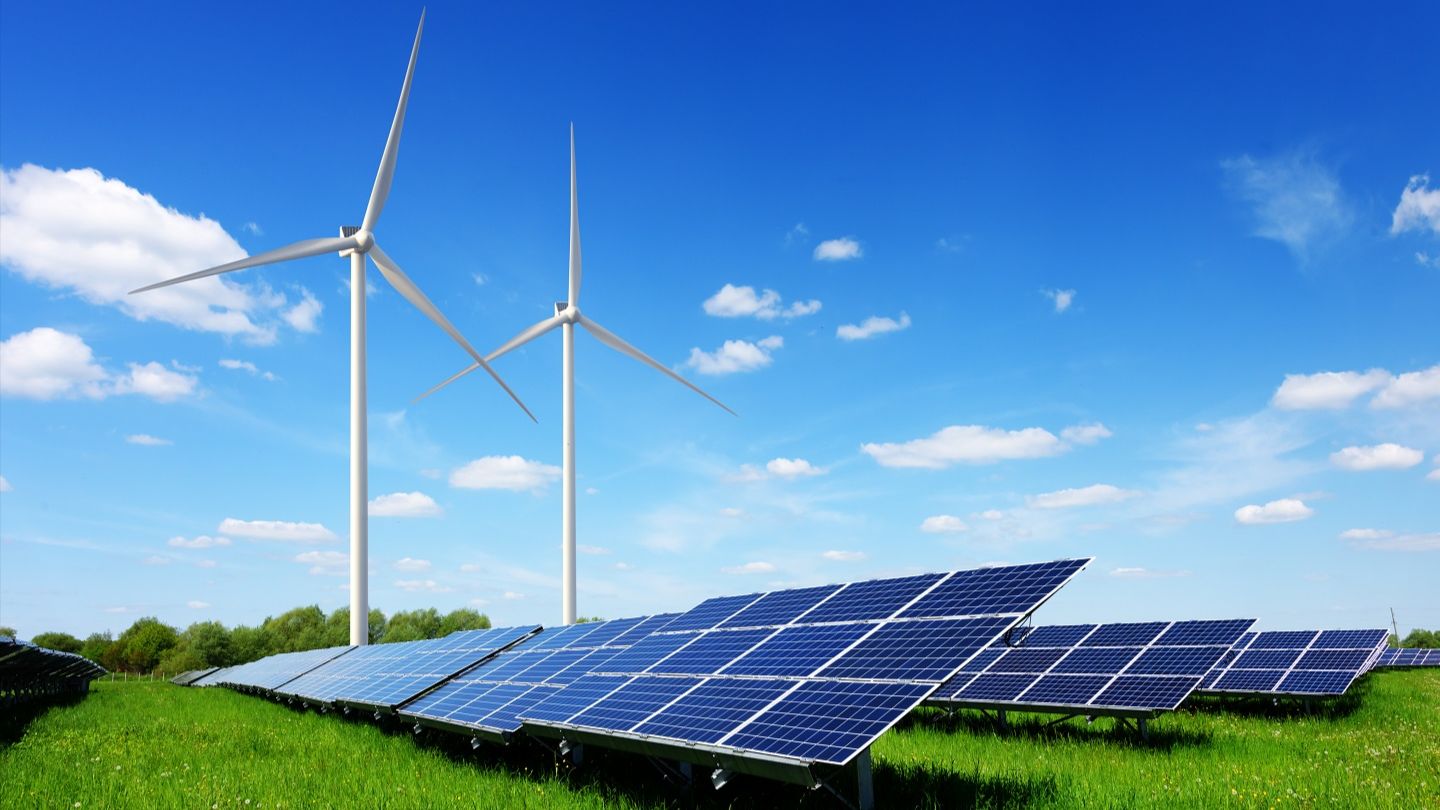
The European Parliament has voted in favour of a resolution to increase the amount of renewable energy in the total energy mix of member states to 42.5% by 2030.
It is part of Europe’s REPowerEU plan, launched in May last year, to save energy, produce clean energy and diversify its energy supplies. The plan was implemented in response to the global energy market disruption caused by the Russia–Ukraine war.

Discover B2B Marketing That Performs
Combine business intelligence and editorial excellence to reach engaged professionals across 36 leading media platforms.
According to the updated Renewable Energy Directive, member states should also strive to increase the amount of renewables in their energy mix to 45%.
Besides, the legislation aims to expedite the procedures to grant permits for renewable energy power plants such as solar and wind farms or to adapt existing ones.
Member states are being advised not to take 12 months or longer to approve new renewables projects if they are to be built in “renewables go-to areas”. Even outside of such areas, the approval process should not exceed 24 months.
For the transport sector, the legislation directs that renewables deployment should lead to a 14.5% reduction in greenhouse gas emissions by 2030.

US Tariffs are shifting - will you react or anticipate?
Don’t let policy changes catch you off guard. Stay proactive with real-time data and expert analysis.
By GlobalDataTo achieve this, the share of advanced biofuels, renewable fuels from non-biological origin such as hydrogen, must be increased.
Members of the European Parliament (MEPs) also said that member states must establish indicative targets for new or innovative renewable energy technology for at least 5% of newly installed renewable energy capacity and have a binding framework for cross-border energy projects.
They have pushed for stricter criteria for the use of biomass to ensure that the EU does not subsidise unsustainable practices. Harvesting biomass must be done in such a way that it does not negatively impact soil quality and biodiversity.
MEP Markus Pieper said: “In our pursuit of greater energy independence and CO₂ reduction, we have raised our renewable energy targets. This directive is evidence that Brussels can be unbureaucratic and pragmatic. We have designated renewables as an overriding public interest, streamlining their approval process.
“Our focus encompasses wind power, photovoltaics, hydropower, geothermal energy and tidal currents. Biomass from wood will remain classified as renewable energy. Under the principle of ‘positive silence’, investments will be deemed approved in the absence of administrative feedback. We now urgently need an EU electricity market design and an immediate shift to hydrogen for a greener transition.”





